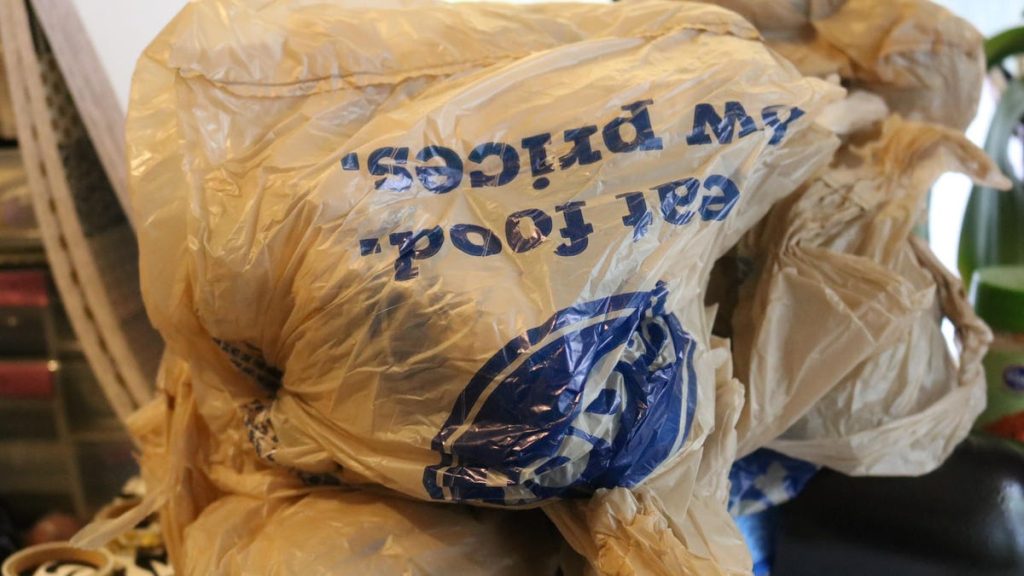Earth Day is approaching, and one way to help the environment is by recycling your plastics. Not all plastics are recyclable, so it’s important to know which ones can be recycled and which should be thrown away. Plastic that isn’t recycled can end up in landfills, incinerated, or in the oceans, contributing to environmental issues such as carbon dioxide emissions and pollution. Plastics can take hundreds of years to decompose, so recycling them is crucial in reducing waste.
Recycling plastic is more complex than many people realize. Before putting plastic containers in the recycling bin, they need to be rinsed out to remove any food or liquids. If the plastic isn’t clean, it can contaminate the entire batch of plastics at the recycling center, leading to them being sent to a landfill. When recycling plastic bottles, it’s important to crush them to conserve space. Checking the label on plastic bottles can provide guidance on how to properly recycle them.
Knowing which plastics are recyclable is essential to helping the recycling process. Different recycling centers may accept different types of plastics, so it’s important to check with your local recycling company or visit their website for specific guidelines. Plastic containers are typically marked with numbers on the bottom, indicating the type of plastic they are made from. Some plastics, such as #1 and #2, are almost always recyclable, while others may not be accepted. It’s crucial to follow the guidelines provided by the recycling center to ensure that plastics are properly recycled.
In addition to recycling plastics, there are other steps that individuals can take to reduce plastic waste. Using reusable bottles, straws, and utensils can help eliminate the need for single-use plastics. Opting for glass or hard plastic bottles that can be refilled and reused daily is a sustainable alternative to plastic bottles. Reusable straws and utensils can also help reduce plastic waste. Avoiding plastic foam, such as egg cartons, packaging, and peanuts, is also important as they are not recyclable. Reusing plastic items and finding alternative uses for them can help reduce plastic waste.
By taking steps to recycle plastics, reduce waste, and eliminate the use of single-use plastics, individuals can make a positive impact on the environment. Earth Day serves as a reminder to take action and make sustainable choices that benefit the planet. Through awareness, education, and collective efforts, we can work towards a greener and more sustainable future.


